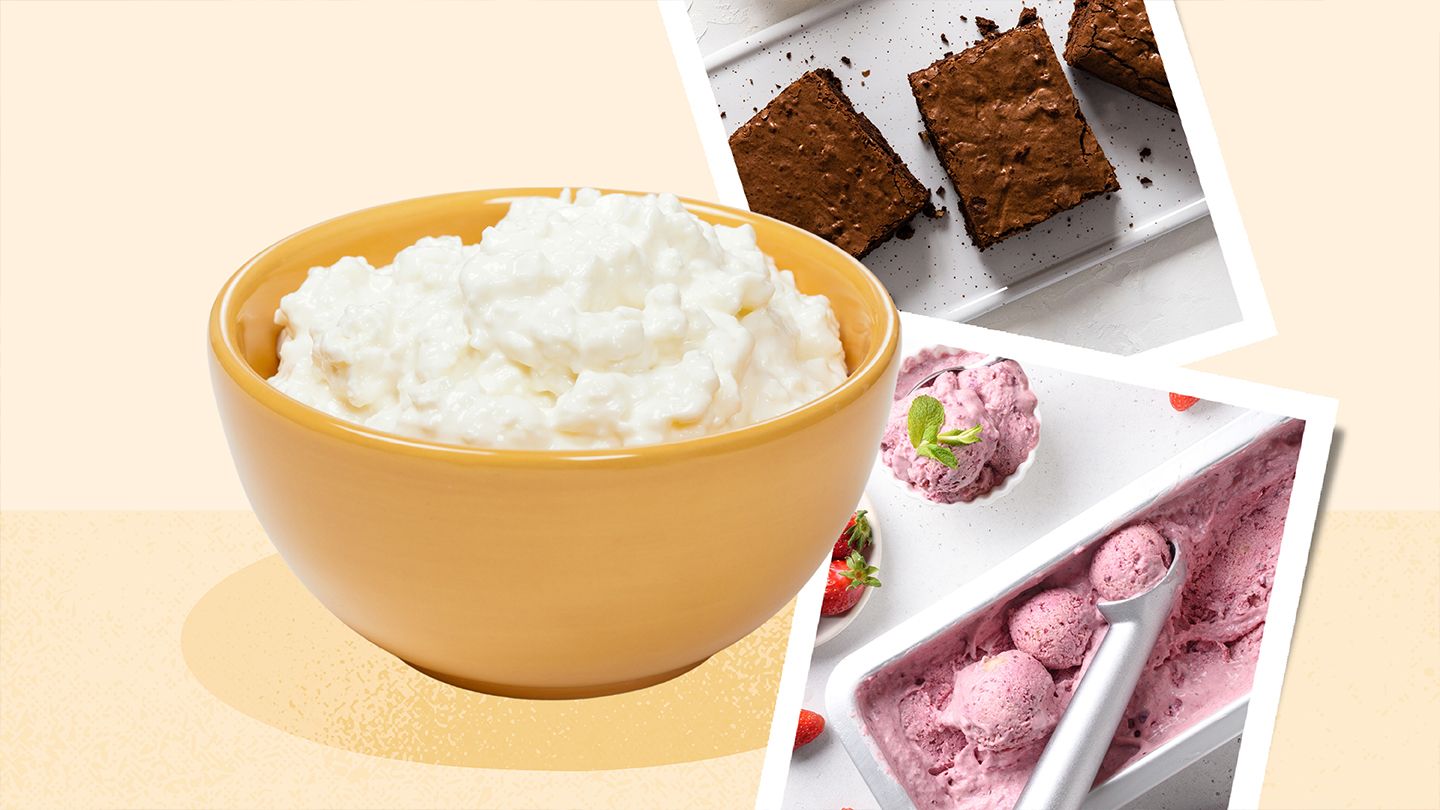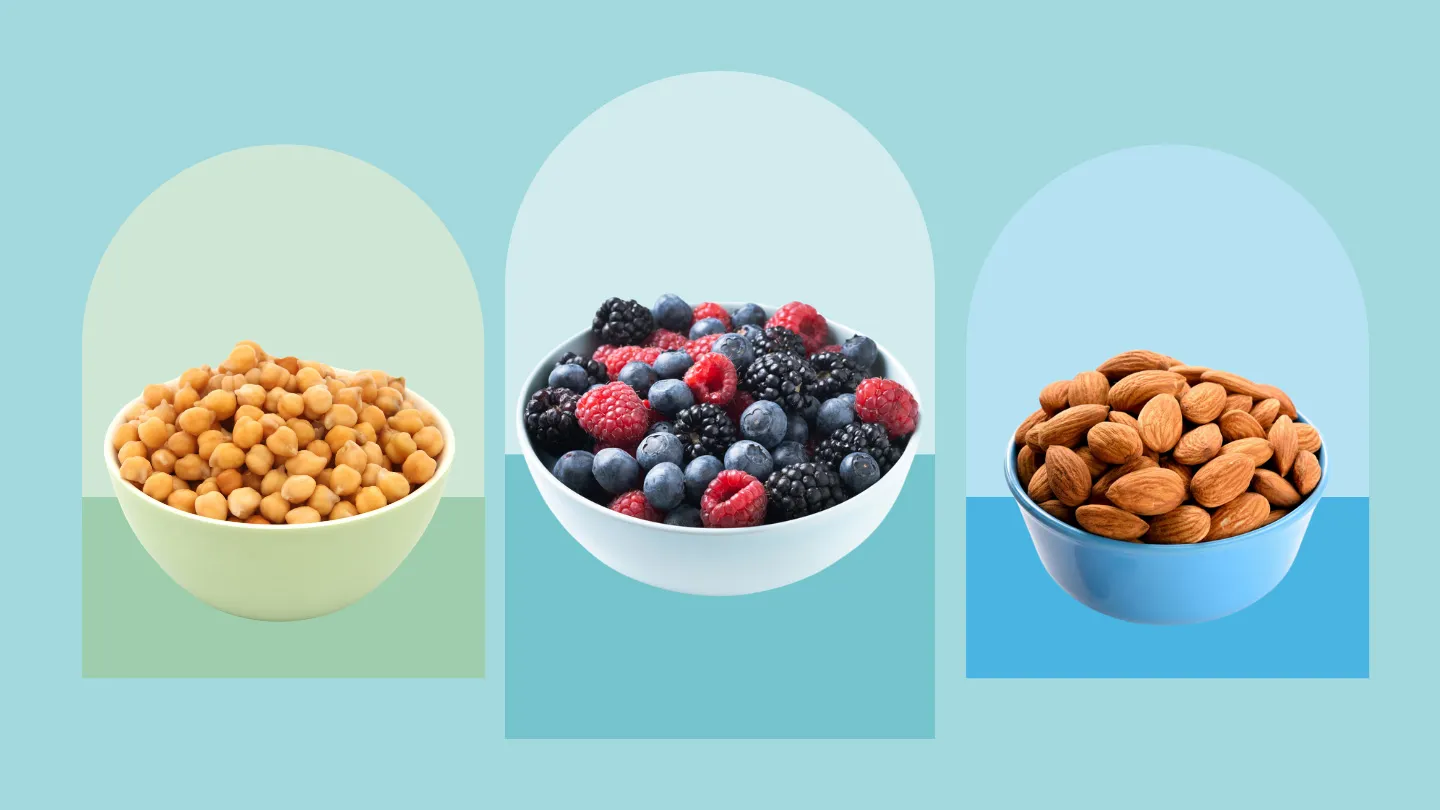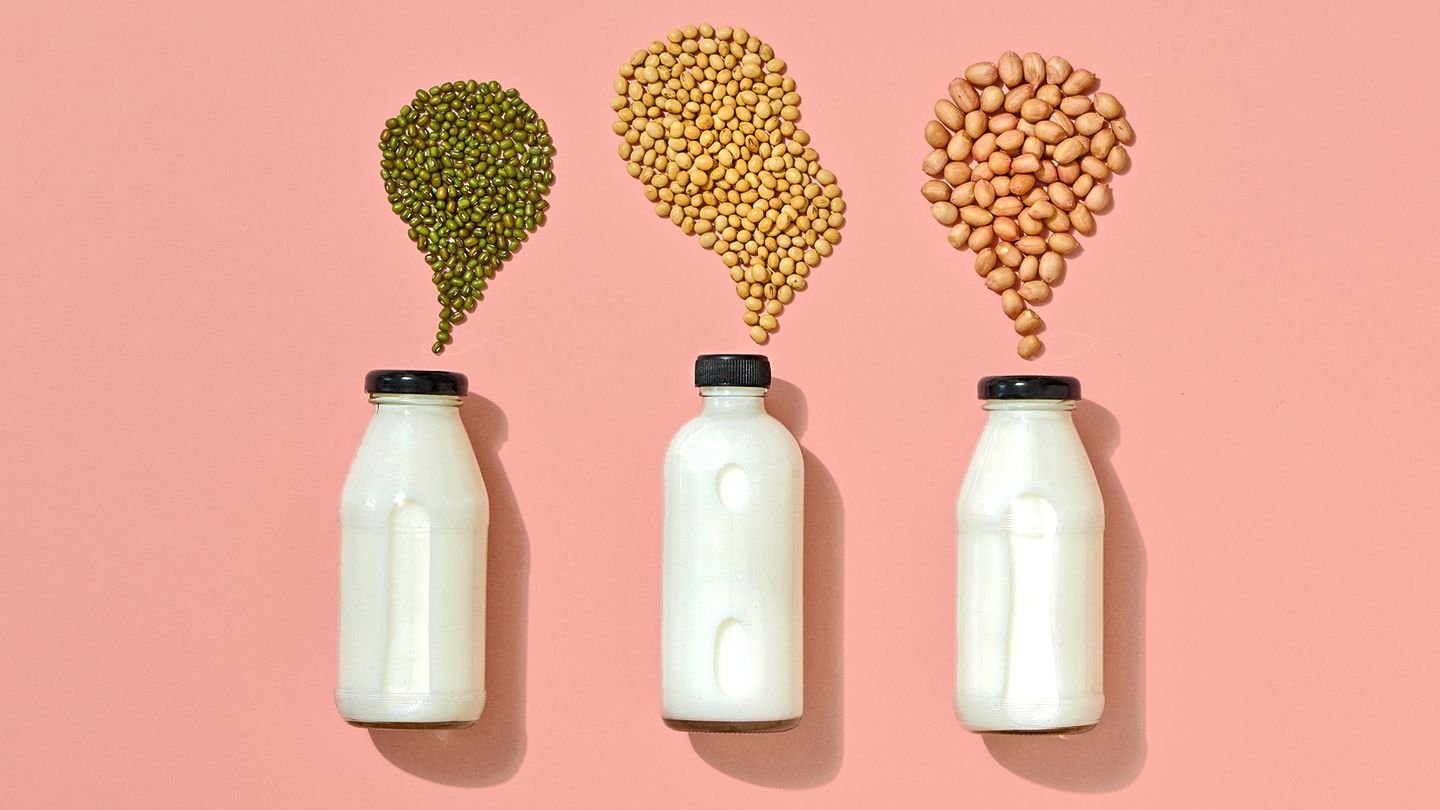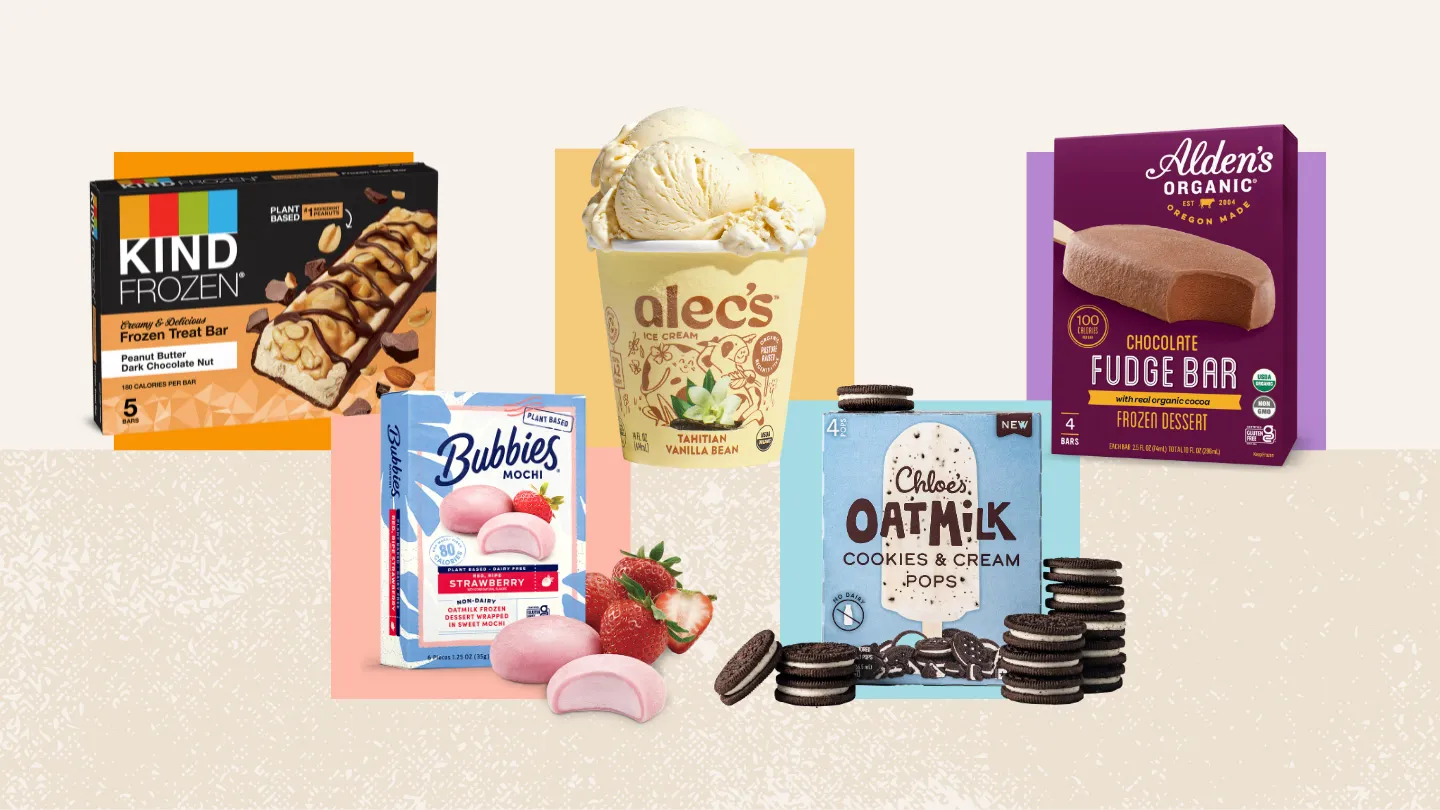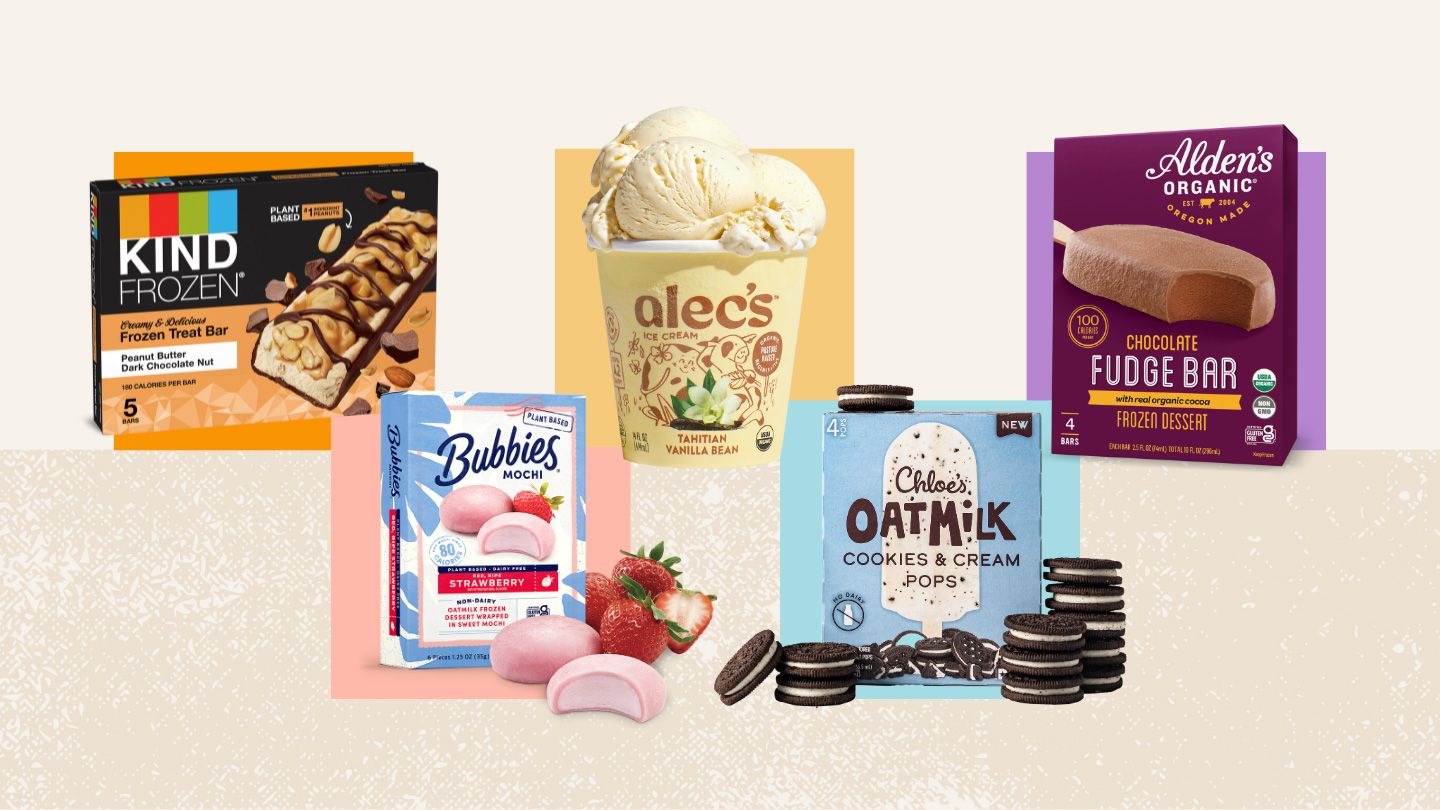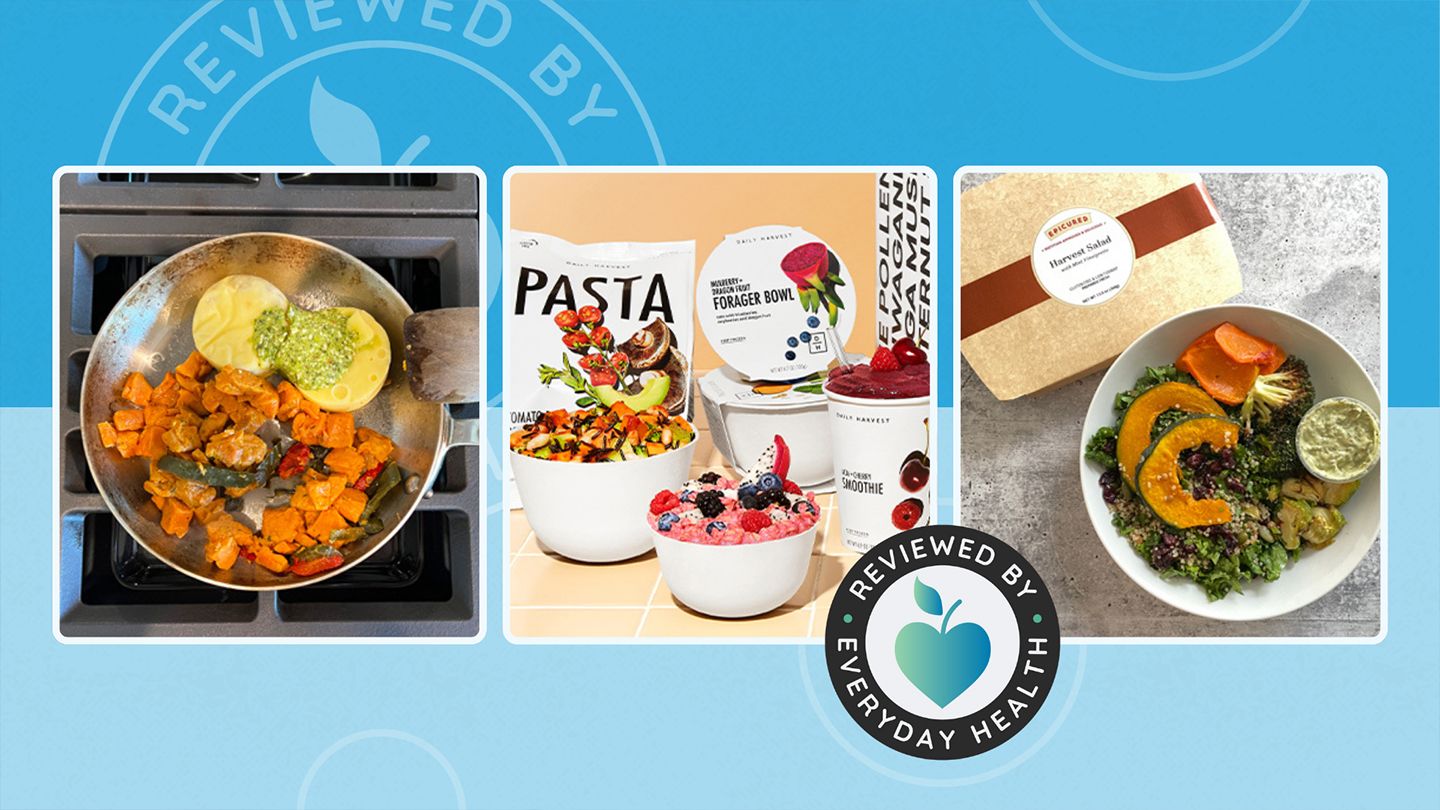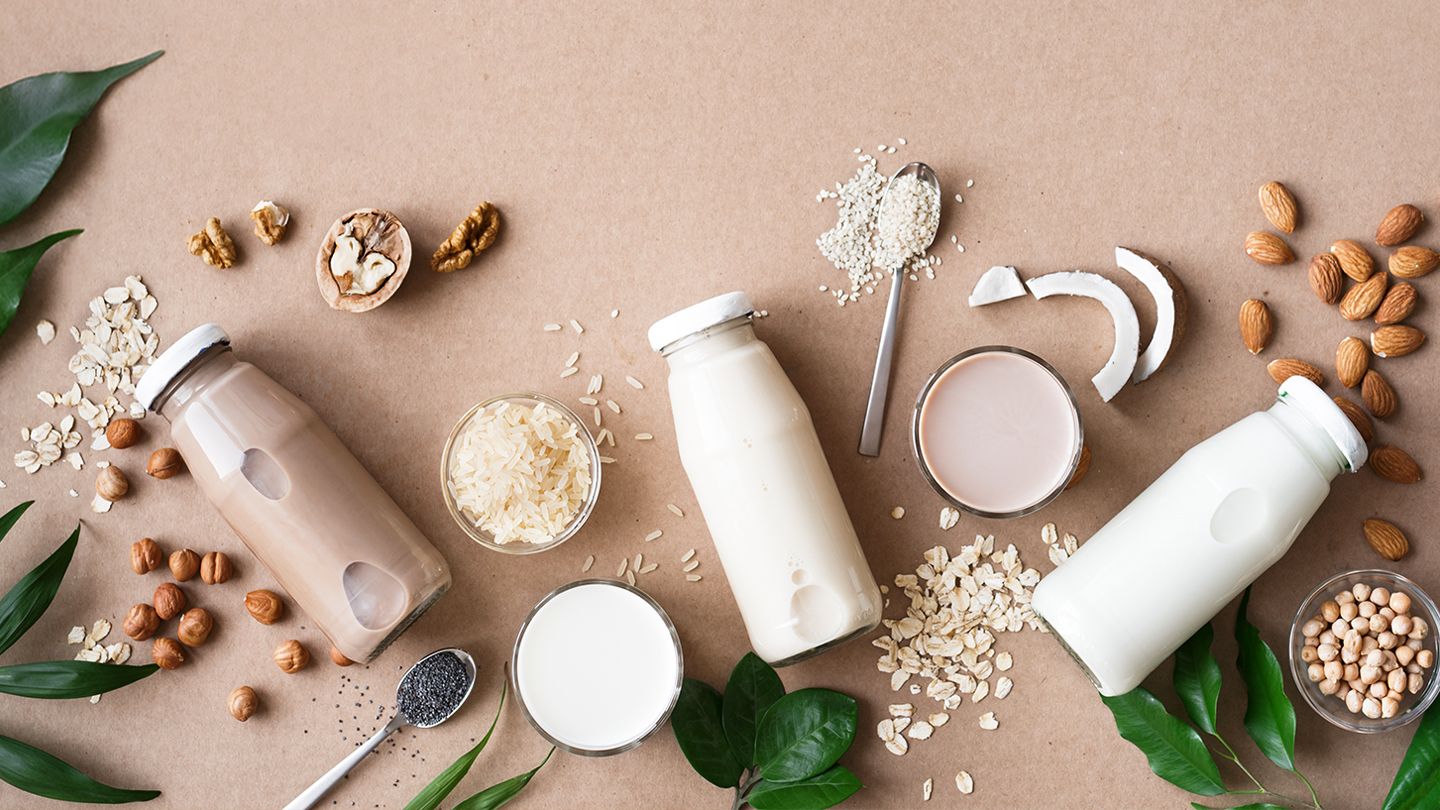Navigating Cheese with Lactose Intolerance
Cheese is one of life's simple pleasures for many people. But if you have lactose intolerance, indulging in cheese can lead to unwanted digestive symptoms like bloating, gas and stomach pain. The culprit is lactose, the naturally occurring sugar found in dairy products. Lactose intolerance makes it difficult to fully digest lactose due to a shortage of the enzyme lactase. Thankfully, those with lactose intolerance can still enjoy cheese in moderation through smart substitutions. This article covers whether buffalo mozzarella contains lactose, and provides a guide to low lactose cheese options as well as healthy dairy-free alternatives.
What is Lactose Intolerance?
Lactose intolerance is a common digestive disorder affecting 30-50 million Americans. People with this condition do not produce enough of the enzyme lactase to properly metabolize lactose. When lactose passes through the digestive tract undigested, it causes uncomfortable symptoms like:
- Bloating
- Gas
- Abdominal cramps
- Diarrhea
These symptoms typically begin 30 minutes to 2 hours after consuming lactose-containing foods. Lactose intolerance can develop over time, often due to reduced lactase production. It is more prevalent in certain ethnicities like African Americans, Hispanics, Asians, and Native Americans.
Testing for Lactose Intolerance
To determine if you have lactose intolerance, your doctor can order a hydrogen breath test. This measures hydrogen levels in your breath after consuming lactose. Higher levels indicate undigested lactose in the colon. Blood tests can also check for lactose intolerance by measuring blood glucose before and after ingesting lactose.
An elimination diet is another approach. Avoid all dairy products for 2-4 weeks, then slowly reintroduce them and monitor symptoms. Keeping a food journal noting dairy intake and symptom response can help identify your tolerance thresholds.
Lactose Content of Different Cheeses
Not all cheeses contain the same amounts of lactose. In general, harder, aged cheeses are lower in lactose than soft, fresh cheeses. During cheesemaking, the lactose in milk converts to lactic acid. The longer a cheese ages and ripens, the more lactose breaks down. Here is the average lactose content per 1 oz serving of different cheese types:
- Soft cheeses: 2-3 grams
- Medium cheeses: 1-1.5 grams
- Hard cheeses: Less than 1 gram
- Parmesan: 0 grams
Soft cheeses like ricotta, feta, cottage cheese and cream cheese have the highest lactose content. Meanwhile, hard cheeses like cheddar, Swiss and Parmesan have minimal to no lactose. Goat cheese also tends to be easier to digest due to smaller fat molecules.
Does Buffalo Mozzarella Contain Lactose?
Fresh mozzarella like buffalo mozzarella is a soft, young cheese made from the milk of domestic buffalo. One ounce of buffalo mozzarella contains around 1.8 grams of lactose. While lower in lactose than some soft cheeses, it still contains a moderate amount that could trigger symptoms in sensitive individuals.
Tips for Including Cheese in a Lactose Intolerance Diet
You don't have to fully eliminate cheese if you have lactose intolerance. Here are some tips for enjoying cheese in moderation:
- Opt for small servings of aged, hard cheeses
- Pair cheese with other foods high in lactase like yogurt
- Choose lactose-free cheese products
- Take a lactase enzyme supplement before eating cheese
- Eat cheese with meals vs. solo to slow digestion
It also helps to note your individual tolerance levels. If buffalo mozzarella or soft cheeses cause symptoms, stick to small servings of harder cheeses like cheddar or Swiss. Pay attention to serving sizes too, as lactose can add up quickly. With the right choices and portions, many with lactose intolerance can still savor cheese.
Low Lactose and Lactose Free Cheese Options
Finding low lactose cheeses can enable cheese lovers with lactose intolerance to continue enjoying the foods they love. Here are some recommended low lactose cheeses to try:
Aged Hard Cheeses
Since lactose breaks down over time, longer-aged hard cheeses have minimal amounts. Good options include:
- Cheddar
- Parmesan
- Swiss
- Gouda
- Colby
- Asiago
- Pecorino Romano
The longer these cheeses are aged, the less lactose remains. Sharp cheddar and Parmesan contain almost zero grams of lactose per serving.
Processed Cheeses
Many processed cheeses have the lactose removed during manufacturing. Examples include:
- American cheese
- Velveeta
- Cheez Whiz
- Laughing Cow
While highly processed varieties aren't the healthiest choice, they provide a low lactose option. Just watch sodium content if you have high blood pressure.
Lactose-Free Cheese
Many brands now offer cheese products labeled "lactose-free." They have added enzymes to break down lactose for easier digestion. Popular lactose-free cheese options include:
- Lactaid
- Cabot
- Sargento
- Tillamook
You can find lactose-free varieties of cheddar, Swiss, mozzarella and cream cheese. Green Valley Creamery also makes a delicious lactose-free ricotta.
Sheep and Goat Cheeses
Cheeses made from the milk of sheep and goats tend to be easier to digest. Some tasty varieties lower in lactose include:
- Feta
- Goat cheese
- Pecorino
- Manchego
The fat molecules in these cheeses are smaller than cow's milk, making them easier for those with lactose intolerance to break down.
Healthy Dairy-Free Cheese Substitutes
In addition to lactose-free dairy cheeses, you can also find plant-based cheese alternatives. These are made from nuts, soy, coconut and starches instead of dairy milk. Going dairy-free eliminates lactose and provides other nutrients like protein, calcium and probiotics.
Nut-Based Cheeses
Nut cheeses provide creamy texture and nutty flavor. Popular options include:
- Cashew cheese
- Almond cheese
- Pistachio cheese
- Macadamia cheese
Nut cheeses work well in dips, spreads, sandwiches, mac and cheese, and other cheesy dishes.
Soy Cheese
Soy cheese delivers a similar taste and meltability to dairy cheese. Look for types like:
- Daiya
- Chao
- Follow Your Heart
- Violife
- Tofutti
Use soy cheese slices for grilled cheese, on pizza, tacos, burgers and sandwiches.
Coconut Cheese
For a vegan soft
FAQs
Does buffalo mozzarella contain lactose?
Yes, buffalo mozzarella contains around 1.8 grams of lactose per ounce. While lower than some cheeses, it may still cause issues for those with lactose intolerance.
What cheeses are lowest in lactose?
Aged hard cheeses like cheddar, Parmesan, Swiss and gouda are lowest in lactose. Soft cheeses tend to be higher in lactose.
Can you have cheese with lactose intolerance?
Yes, those with lactose intolerance can still have small amounts of hard, aged cheeses. Lactose-free cheeses are also an option.
What are good dairy-free cheese substitutes?
Nut-based cheeses, soy cheeses, coconut cheeses and fermented vegan cheeses are all good lactose-free substitutes for dairy cheese.
Are goat cheeses low in lactose?
Yes, goat's milk cheeses like feta and chèvre contain less lactose than cow's milk cheeses, making them easier to digest.
Disclaimer: This article is for informational purposes only and does not constitute medical advice. Always consult with a healthcare professional before starting any new treatment regimen.
Related Coverage
Learn about the lactose content in different types of goat cheese and goat milk. Get tips for including goat cheese in a low-lactose or lactose-free diet....
Traditional orange sherbet recipes contain milk, cream or other dairy ingredients. But coconut, nut or soy milk offer easy dairy-free substitutes to still enjoy the sweet treat....
The latest statistics on the UK construction industry show growth overall but ongoing challenges with skills shortages and rising costs. The sector grew by 2.8%....
Does buffalo mozzarella contain lactose? Learn about lactose in cheeses and discover low lactose dairy and vegan cheese substitutes for a lactose intolerance diet....
Goat cheese contains less lactose than regular cow's milk cheese, but isn't fully lactose-free. However, well-aged hard goat cheese contains almost no lactose....
Discover the best non-dairy cereal milk options for lactose intolerance including soy, almond, coconut, oat, cashew, hemp and rice milk plus recipes and diet tips....
Learn whether orange sherbet contains milk and lactose or if it's a dairy-free dessert option. Get info on dairy-free orange sherbet varieties for lactose intolerance....
Sherbet contains some dairy, but can often be dairy-free. Explore the ingredients in sherbet, nutrition facts, health benefits, tips for eating, and recipes....
Want to know if you can eat buffalo mozzarella cheese on a lactose-free diet? Learn about the lactose content of buffalo mozzarella and how to add it to low lactose recipes....
If you have lactose intolerance, eliminating dairy can lead to nutritional gaps. Learn about the best milk substitutes, supplements to fill shortfalls, and how to eat dairy-free....


